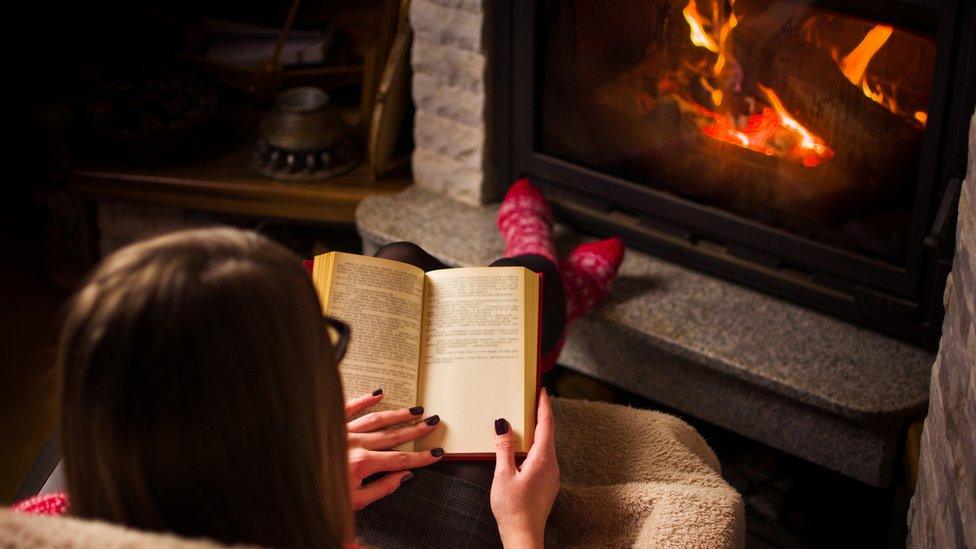UK Clean Air Night campaign shines light on wood burning
- Published
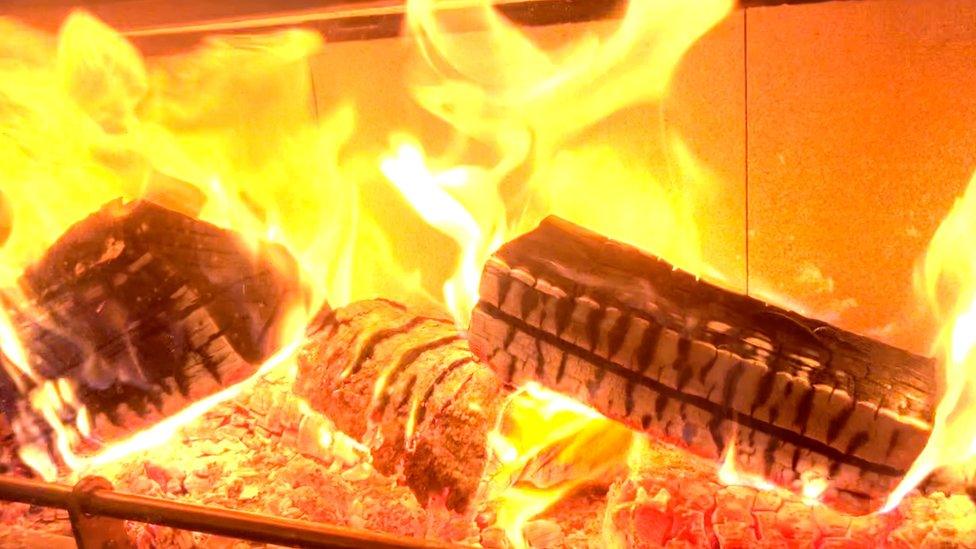
The government introduced rules on wood burners last year to reduce the amount of smoke new stoves can emit per hour from 5g to 3g
The first "Clean Air Night" hopes to "shine a light" on the harms of burning wood.
The online campaign, external is supported by local authorities across Hampshire and organised by environmental charity Global Action Plan.
Experts will share videos from sundown on Wednesday highlighting the health, environmental and financial impact of burning wood.
But a stove manufacturer on the Isle of Wight has disputed some of the claims.
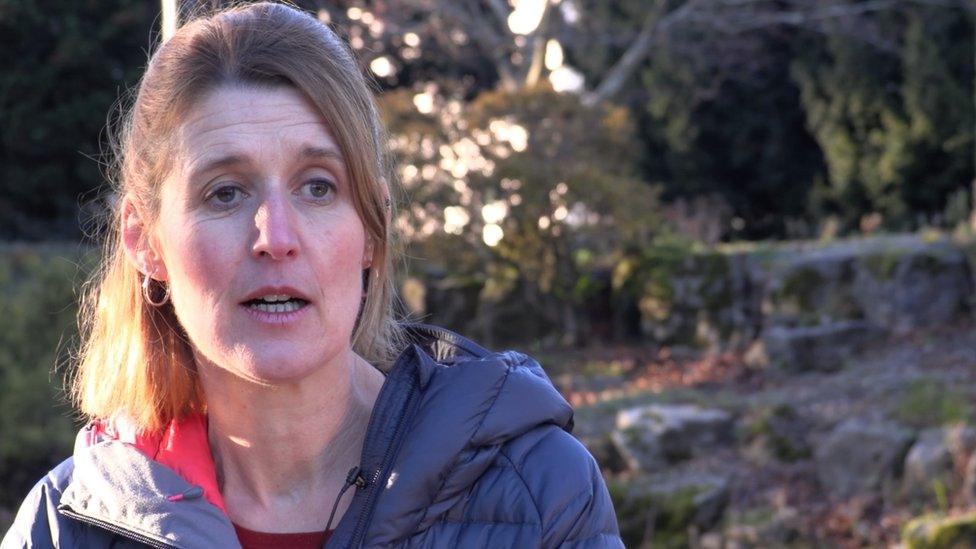
Hazel Agombar, from the Environment Centre in Southampton, is backing the clean air initiative
The Environment Centre (tEC) in Southampton works in partnership with Southampton, Winchester, New Forest and Hampshire councils offering people advice on energy and the environment.
Hazel Agombar, senior engagement officer at tEC, said burning any fuel was bad for the environment.
"It is a myth that wood burning is cheaper than gas central heating and heat pumps.
"Breathing wood smoke can increase your risk of heart disease, of a range of cancers, of things like chronic obstructive pulmonary disease, of asthma and even dementia," she added.
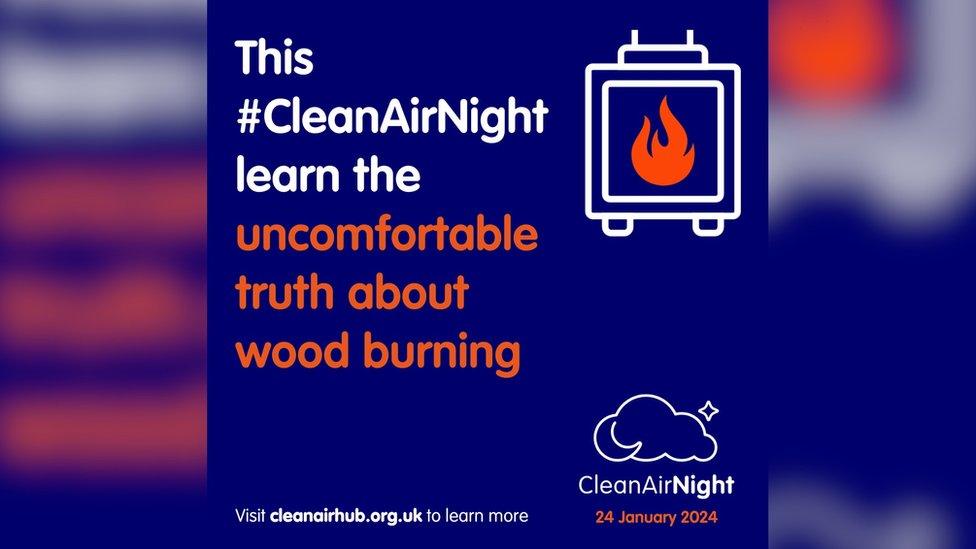
Experts will share videos from sundown to highlight the health, environmental and financial impact of burning wood
About 1.5 million UK households use wood for fuel, according to government statistics on air pollution, external.
Stricter conditions on wood-burning stoves were introduced last year tightening rules to reduce the amount of smoke new stoves can emit per hour from 5g to 3g.
But Ms Agombar said she was not convinced this was enough.
"Any household that uses a wood burner, including the newest eco-designed stoves, are three times more polluted indoors than those homes that are not using a wood burner," she said.
"In the newer stoves, the wood burns at a higher temperature so the particulates are even smaller but they are therefore more damaging."
But Hugh Wells, director general for wood-burning stove manufacturer AJ Wells and Sons on the Isle of Wight, disputes the claims being raised by the Clean Air Night campaign.
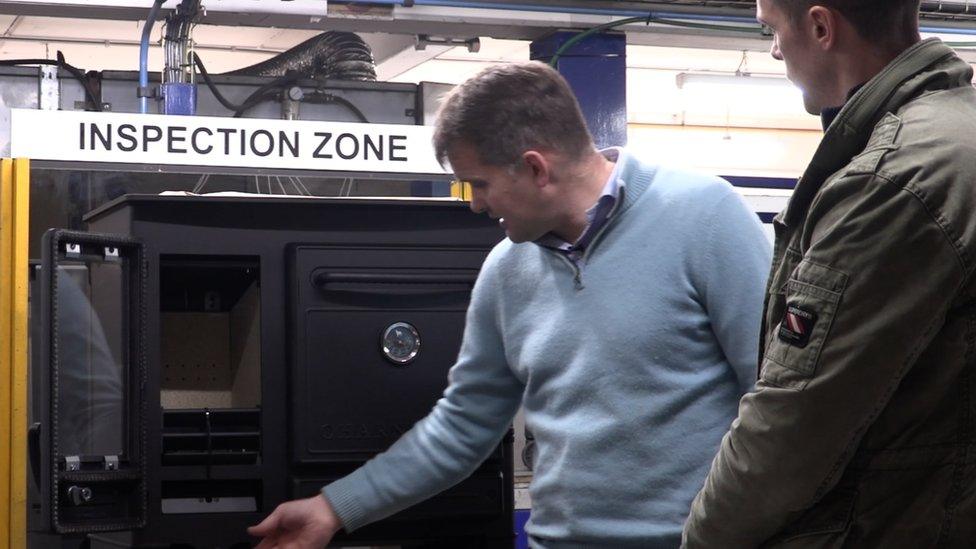
Hugh Wells runs a wood-burning stove manufacturer on the Isle of Wight
He said: "If you burn wood on an open fire or a bonfire then you're not controlling it and there are nasty smoke particles that go up.
"But by making a stove, you're having a closed appliance when you're bringing air into very specific places and you're burning that fuel cleanly and efficiently.
"Air quality has never been better than where we are now and that is partly because we have invested a huge amount into making better ways of burning wood and we're not content with that we still want to go further.
"We want to make a difference, we want to improve air quality."

How to reduce the harmful effects of smoke
Department for Environment, Food and Rural Affairs (Defra) has given this advice:
Think if you have to burn
Burn seasoned wood (including Ready to Burn) on a low emission appliance
Maintain stoves and sweep chimneys
Install a carbon monoxide monitor, this will alert you to dangerous fumes and reduce your risk of carbon monoxide poisoning
This story was updated on Monday 26th February 2024 to remove a claim that warnings about the risks of wood burners were "not true".

Follow BBC South on Facebook, external, X, external, or Instagram, external. Send your story ideas to south.newsonline@bbc.co.uk.
- Published24 January 2024
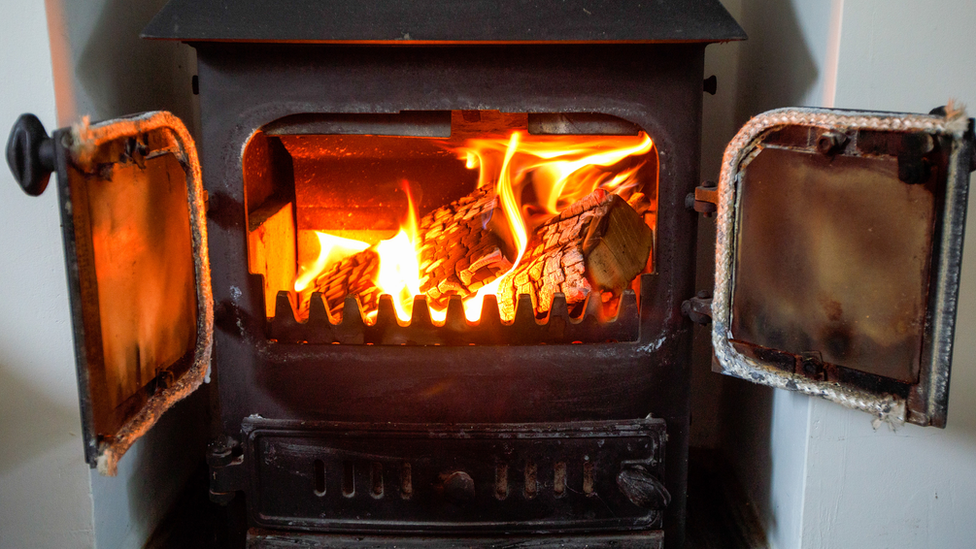
- Published28 February 2023
- Published1 February 2023
